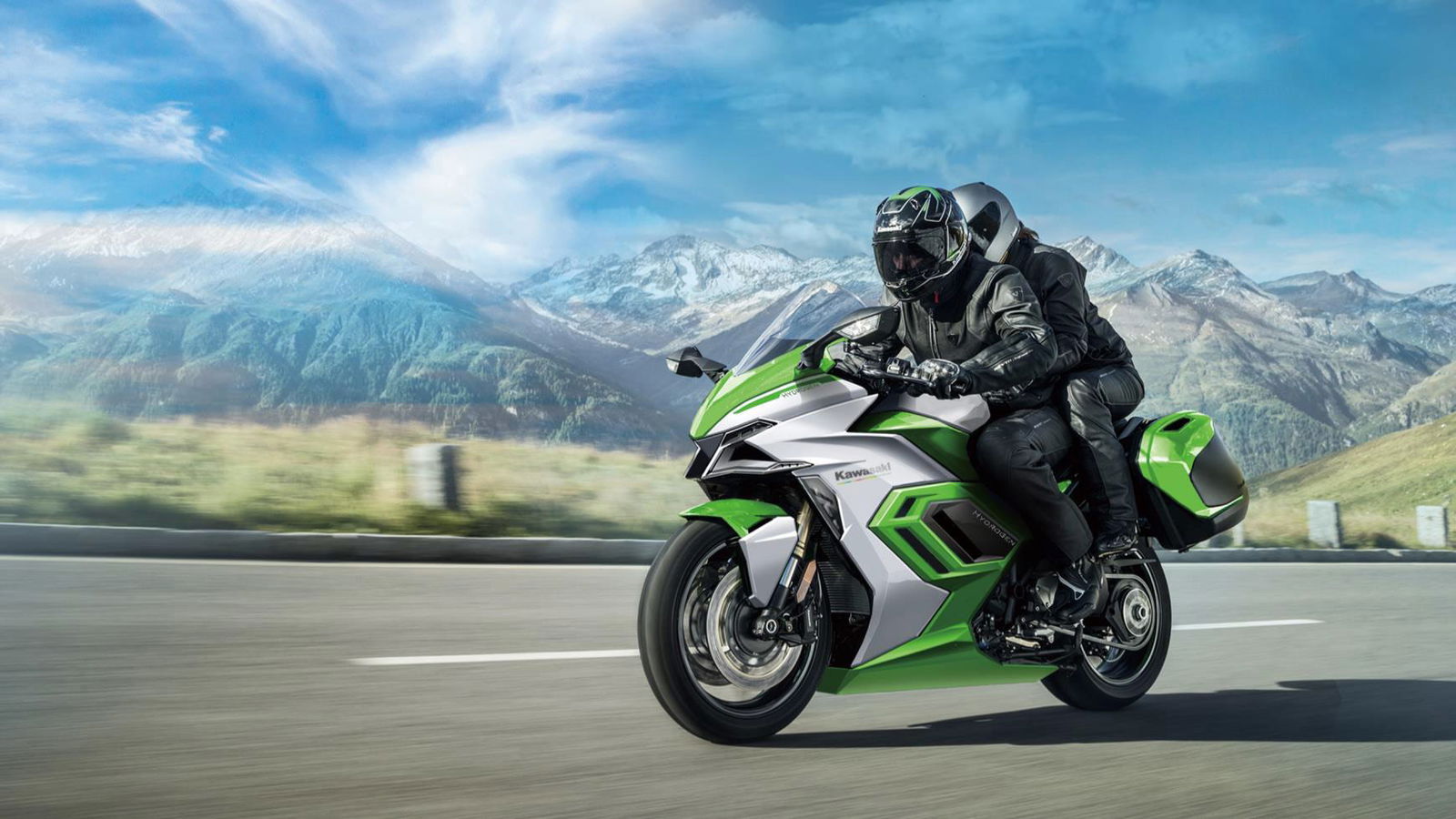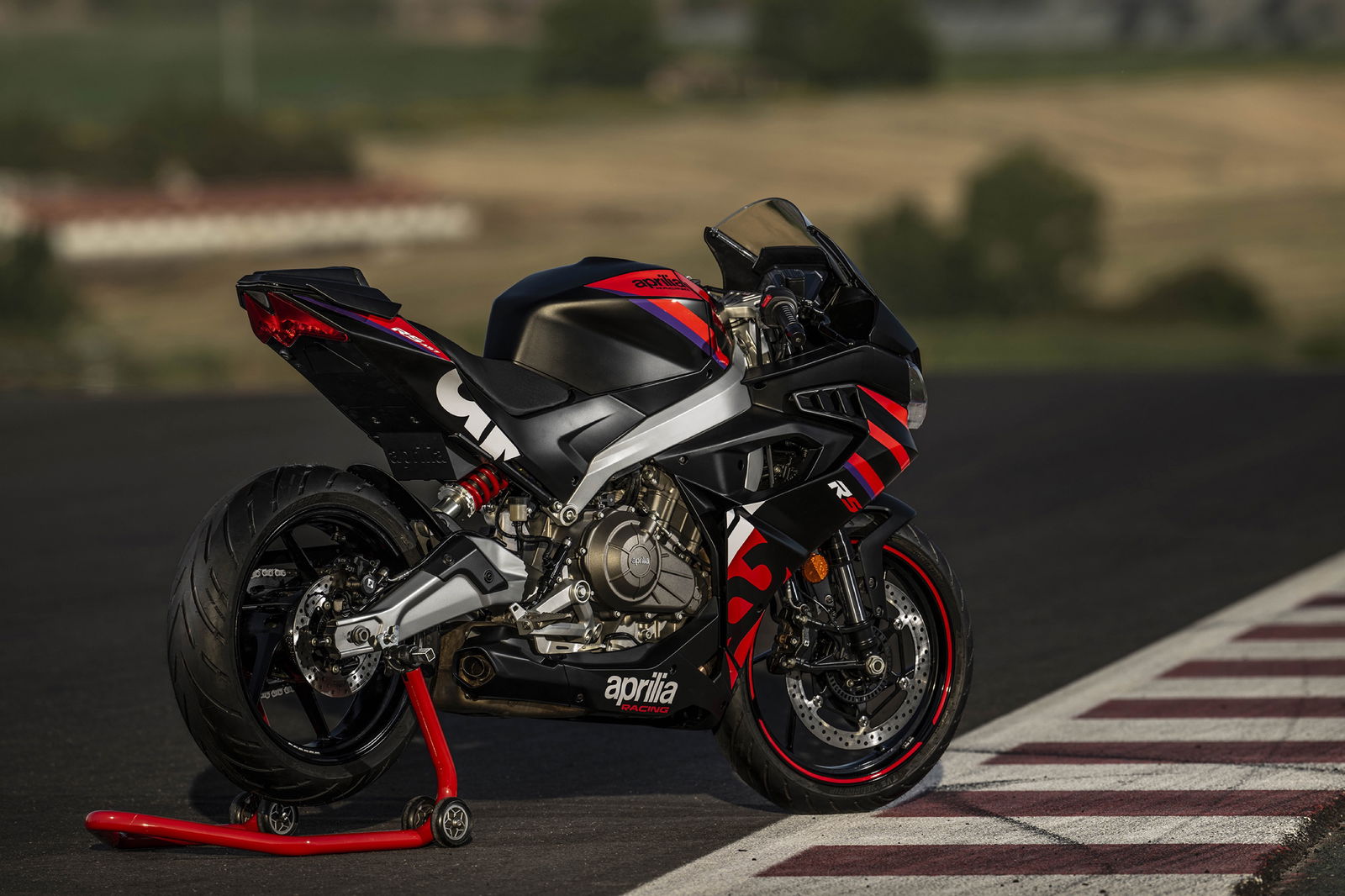MIT Announces Hydrogen-Powered Motorcycle Plans
The American university, MIT, has announced it will build a new motorcycle, which will use hydrogen, as an experimental “testbed”

The Michigan Institute of Technology (MIT) has built an experimental hydrogen-powered motorcycle, intended to develop the fuel for transportation in general.
Hydrogen’s popularity in both the motorcycle and automotive worlds has risen and fallen in the last 25 years or so. For some, it’s a kind of utopic fuel that avoids the negatives of battery electrics and those of internal combustion simultaneously, while others see that hydrogen has many complications of its own, like collecting and storing it.
In the motorcycle world in particular, hydrogen is going through a kind of experimental boom at the moment, fuelled by the Japanese manufacturers (Honda, Kawasaki, Suzuki, and Yamaha), who set up the collaborative group HySE (Hydrogen Small mobility & Engine technology) to develop hydrogen technology for motorcycles. Kawasaki has also laid out its own hydrogen plans, with a prototype based on the supercharged Ninja H2 SX sports tourer, while Suzuki presented a hydrogen-powered scooter concept at last year’s Japan Mobility Show.

MIT’s motorcycle, though, won’t use hydrogen in the way proposed by the Japanese, who are using hydrogen as a combustible. Instead, MIT is exploring the use of hydrogen fuel cells in motorcycles, which means using hydrogen to power an electric motor that sends power to the driven wheel. A hydrogen fuel cell is an alternative to a battery in an electric vehicle, and in this case an electric motorcycle.
The MIT Electric Vehicle Team, which came up with the idea to build the bike, says it chose hydrogen because of its advantages over battery power, notably: range, refill time versus recharge time, and because of the emissions created by the process of mining lithium, the metal used in the electrodes of a rechargeable battery.
MIT’s EVT has a history of racing and competing with its vehicles, but the new hydrogen bike will only be shown at conferences. It did, however, complete a first track test last October.
“We’re hoping to use this project as a chance to start conversations around ‘small hydrogen’ systems that could increase demand, which could lead to the development of more infrastructure," said Aditya Mehrotra, the project leader.
On the contrary, it was reported last week by Hydrogen Insight that Shell had closed all of its hydrogen refilling stations in California due to “a number of market factors.” (This was except for those reserved for heavy-duty vehicles, of which there are three in California.)
This came after Shell announced last September that its plans for 48 new hydrogen refilling stations in California for light-duty had been shelved, and less than 18 months after the same company closed all of its hydrogen refilling stations in the UK in October 2022.
The reality of hydrogen power at the moment is that there’s a lack of public infrastructure to support hydrogen vehicles, and not enough hydrogen vehicles out there to warrant an expansion.
Find all the latest motorcycle news on Visordown.

.jpg?width=1600)





